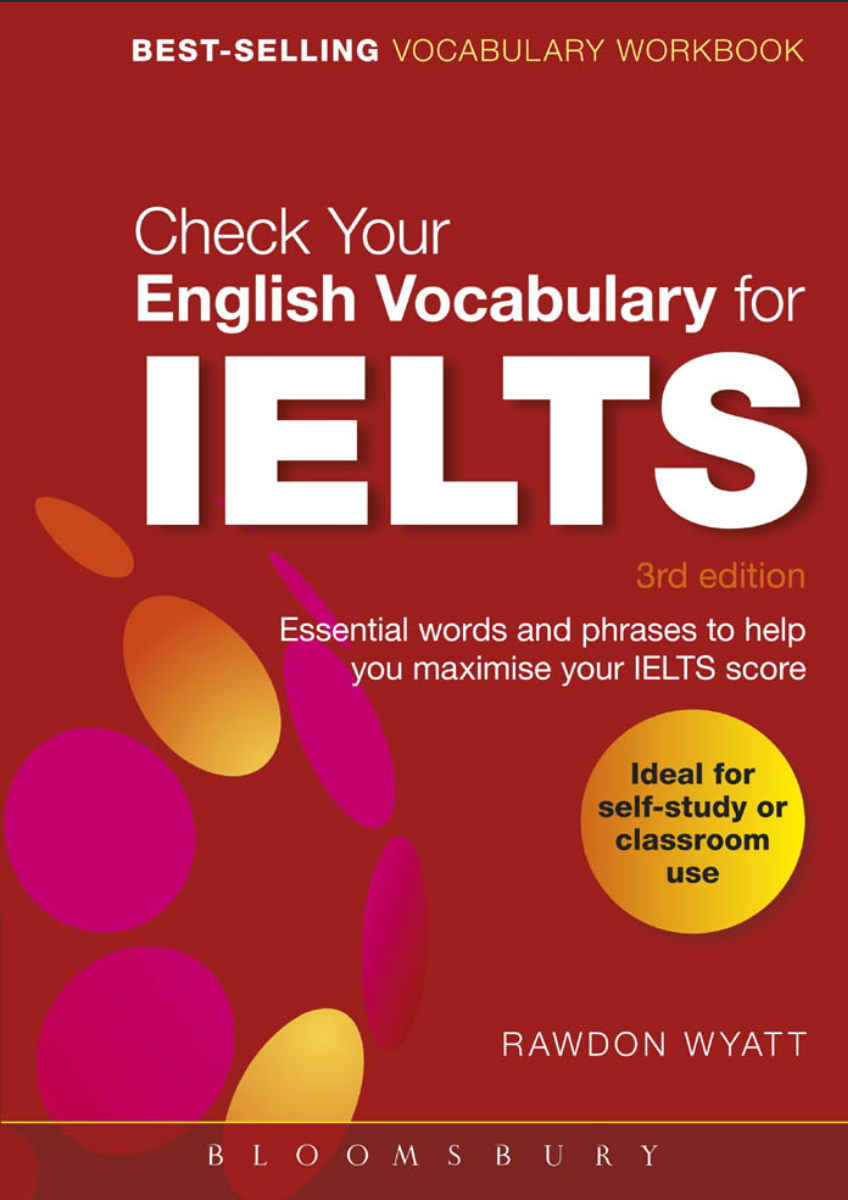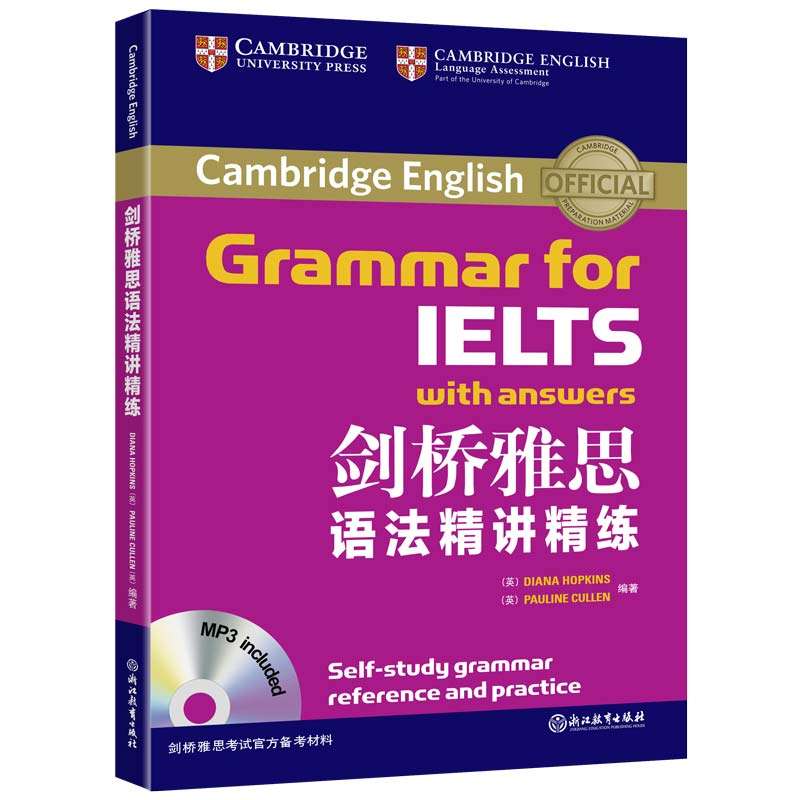In general, 8 months is definitely enough, as it is a lot of time, but you have to ensure that you have enough time to study. According to my experience, it is more appropriate to spend no less than 15 hours a week.
There are roughly two aspects to review needs: on the one hand, the ability to target exam questions, and on the other hand, the basic abilities required to solve problems.
Many people have the misconception that they have a weak foundation and need to spend some time to build up their foundation. However, this kind of thinking ignores the fact that practice is the best teacher for learning.Don't just memorize vocabulary books or learn grammar first. You will become more and more motivated if you study them together with practical exercises.
I have never finished memorizing something. I just Abandon it from the beginning. How can you memorize it?

The following are the most important skills in IELTS that remain after going through numerous pitfalls. You can check and see which ones you lack and make up for them.
There are several other abilities, such as main idea structure, self-review, etc. Students who need all the notes can leave a message in the comments or private messages. Students who need to evaluate their writing or speaking can also reply. I can help you with comments and feedback in my live broadcast below.
Ability to deal with exam questions
This type of ability is often called "exam-taking ability", and people think that it is useless except for exams, a complete waste of time, and they can't stick to it. In fact, I can tell you responsibly from my own experience of studying abroad that these so-called "exam-taking" abilities are actually used every day when you study, so it's no wonder that you have to take the IELTS test.
The reason is that IELTS tests whether you can communicate in an English academic environment, so these necessary abilities are directly reflected in the test questions; in contrast, the purpose of domestic examinations is more to see whether you can absorb information from English materials. After all, you mostly use Chinese when studying, so they are more inclined to whether you understand it. Typical examples are postgraduate entrance examination English and college entrance examination English, which have different test purposes.
Listening Notes
Lack of ability
- Can't take notes while listening
- Often misses the details of speech
- Unable to retell from notes
- Remember whatever you hear, without any logical connection or emotional judgment
- Easy to miss the voice
Academic scenario application
- Obtain detailed information when attending lectures and listening to reports, summarize important points, and take notes
- When debating and discussing, you can grasp the other party's logical information and main points to provide targets for subsequent rebuttals.
Exam scenario application
- When listening, all questions, especially multiple-choice questions, can avoid confusing options and choose the correct answer
- When speaking, get the key information from the questions and answer them
study method
- Don't understand? Refer to the phonetic part of vocabulary memory to memorize. For words that you can understand but not hear, you can use the app to listen to their pronunciation in example sentences. There are too many. Here I recommend Baicizhan, which has various pictures to memorize deeply.

- Can't take notes while listening? To practice listening and taking notes, you can directly use the IELTS listening audio with the transcript. The number of words you can record is limited. After recording, repeat it to practice multitasking and selecting keywords.
- Is it difficult to organize the logical relationship of the speech content and unable to judge the speaker's emotional tone? Refer to the practice of intensive listening notes. You can choose the multiple-choice questions of IELTS speech. In addition, organize the keywords into a logical relationship diagram and explain the emotional tone when retelling.
- Not used to the subtle accent differences? Identify whether you are more familiar with American and British (similar to Canadian accents) or Commonwealth English (British, Australian, New Zealand, etc.). If you are familiar with American and British, you can practice more with IELTS listening materials, most of which are accent-free or British-English accents, such as a slight Scottish accent; if you are familiar with Commonwealth English, you can use TOEFL listening or American TV series to familiarize yourself with them. IELTS listening is almost accent-free English. Many people are not familiar with this accent because they usually watch more American and British media, so they may need simple familiarization.
Scan your notes
Lack of ability
- I don’t have a clear goal before reading the article, and I don’t know why I should read this article.
- When reading articles, read word by word at a slow speed
- I often find that I can’t grasp the details in the text, such as: specific location, event time, name of the person, etc., and I don’t take or don’t have many notes.
- I have no idea about the details of the article described by others
- Afraid of reading long articles, such as academic papers
Academic scenario application
- When preparing for class, read academic papers and follow the homework guide.
- When preparing for the literature review section of an academic paper, read a large amount of academic literature in a short period of time.
- When listening to a report, you can preview the slide information efficiently.
Exam scenario application
- When reading, look for details that correspond to the original text and analyze it.
- When listening, preview the listening questions and mark the signal words and distinguishing words
study method
- Reading articles without a goal? Adjust the steps of reading articles. First think clearly about the data and information you need to find, then associate possible keywords, then enter the article to scan keywords, and after finding the keywords, analyze the information in the sentences and paragraphs.
- Slow reader? Practice skimming, limit your skimming time, and scan the article based on the 5W structure (Who, when, where, how, why) to find as many details as possible in a limited time.
- Don't know the words? When memorizing words, pay more attention to academic words rather than daily or professional words. When memorizing, put related words together by using the reverse word formation method to save time and effort. For details, you can refer to word formation and English standard pronunciation.
- Do you forget the specific details after browsing? Practice scanning notes. When scanning, mark the important ones according to the 5W structure. On the other hand, when you see transition words and parallel words, circle these keywords, which are often followed by important structural information.
Synonymous paraphrase
Lack of ability
- Only one synonym is known to describe a meaning
- Only one sentence pattern can be used to describe one meaning.
- When quoting someone else's work, copy
- A word is repeated multiple times in the article
- Often use general words such as good, bad and thing
Academic scenario application
- When quoting in academic papers, use synonyms to avoid plagiarism
- When discussing, if the other party is confused, you can use another sentence to explain what you said before.
- When you are sure you understand something, you can explain the concept in your own words.
Exam scenario application
- When reading, locate the original text corresponding to the title
- When listening, find the corresponding information in the speech
- Improve your vocabulary and grammar when writing
- Demonstrate vocabulary and grammar proficiency when speaking
study method
- Don't know the words and can't remember their synonyms? When memorizing vocabulary, pay more attention to academic vocabulary rather than daily vocabulary or professional vocabulary. When memorizing, use the reverse word formation method to memorize related words together to save time and effort; you can also use thematic vocabulary memorization to strengthen the association and proficiency between related words. I recommend "Check Your IELTS Vocabulary".

- Don't know how to use other sentence patterns to paraphrase? Be familiar with grammar, and commonly used ones include active-passive sentences, participle adverbials, adverbial clause structures, emphatic sentences, etc. I recommend "IELTS Grammar Bible".

- Do you always use simple repetitive words? Read more excellent examples, such as IELTS reading, published academic articles, or newspapers and magazines (some of the more commonly used ones are "The Economist", "Bloomberg English Edition", "Nature", etc.), pay attention to the different words they use when describing the same thing, and you can record them in groups and save them, and then use them in your own writing practice.
Basic English skills
The following are some of the more basic abilities that are easily overlooked. However, these abilities should not be learned separately, because they are more metaphysical, and if you don't practice them, it's easy to waste time without making any progress.
I learned grammar but I can’t use it ♂️…
In addition,This type of ability has a slow impact on test scores.So don’t give up just because your scores haven’t improved after memorizing words for a week and reading two articles.Perseverance is effective, which is why it is recommended not to practice some abilities separately.——Without the support of test-taking ability, it is easy to lose motivation.
Vocabulary Memory
Lack of ability
- Can't spell words
- I don't know what a word means when I see it
- When seeing a word, you cannot associate it with a synonymous word
- Can't think of other synonyms when seeing a word
- Can't read the words
- Hearing voice but cannot recognize words
- Not knowing the collocation when using words
- Unable to spell birth words
- When thinking, use Chinese and then translate it into corresponding words
Academic scenario application
- When communicating orally or in writing, you need to transform words according to the needs of the sentence structure and change the appropriate part of speech.
Exam scenario application
- Synonymous paraphrase skills
- Get detailed information from listening and speaking
- As a foundation for scanning notes and main idea structure skills in reading
- Rich vocabulary and accurate wording in writing
Remedies
- Did you read or spell it wrong? Review the pronunciation of the phonetic symbols and the corresponding letter combinations, familiarize yourself with the natural spelling method, and write while spelling when memorizing.
- Don't understand? You didn't read the words out loud when you memorized them. When you memorize them, you need to read the words out loud in a quiet place, not silently.
- Can't remember the meaning or the fixed collocation? Use various channels to stimulate, such as graphics and examples. You can use apps to help you remember, such as 100words.
- Can't change parts of speech? Learn word formation, prefixes, suffixes and roots
Content accumulation
Many students who don't have much social experience, such as students, find this difficult. In fact, it's because they don't have enough knowledge. Although the truth and logic of the content itself are not required for low scores in IELTS, think about how much pressure your brain will have to make up or recite during the exam. Therefore, it is highly recommended not to memorize templates.
You can refer to other people's opinions in advance, organize your own content, and make it easier to speak; in the long run, it will also be beneficial to your accumulation of experience.
Lack of ability
- Always talk about topics that are familiar to you and are afraid to step out of your comfort zone
- Difficulty integrating with people who are different from themselves
- Some content, even in Chinese, does not have any ideas or opinions
- You may know what to say in Chinese, but lack the corresponding English vocabulary to describe it.
Academic scenario application
- Offline chats in academic exchanges and social situations
- Identify supporting examples and evidence when writing academic writing, speaking and arguing, and quote others’ supporting opinions, etc.
- During the interview, communicate with the interviewee at a deeper level
- When debating, the selection of sub-arguments, examples, and evidence on the spot
Exam scenario application
- When writing, choose sub-arguments, examples, and evidence
- In oral discussion, examples of arguments are listed
Remedies
- Have no opinions on common things and phenomena? This often happens to students. It takes a long time to accumulate and broaden your interests and hobbies. You can try to spend 10 weeks reading academic magazines and books in fields you are not familiar with, such as The Economist and Nature.
- Do you know the point of view but don't know how to express it in English? You can try to use the existing vocabulary to paraphrase it. Pay attention to collecting vocabulary in the field you are interested in. You can refer to vocabulary memory ability.
- Don't know how to organize your content? Refer to the argument structure and mutually exclusive structure skills. You can pay more attention to the structure of other people's articles and speeches. Refer to the main idea structure skills. You can use different structures in a formulaic way first, and then use them flexibly after you are familiar with them.